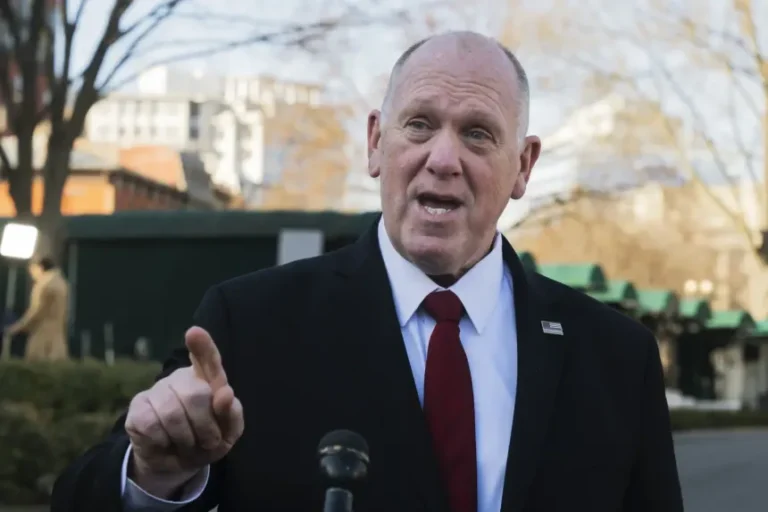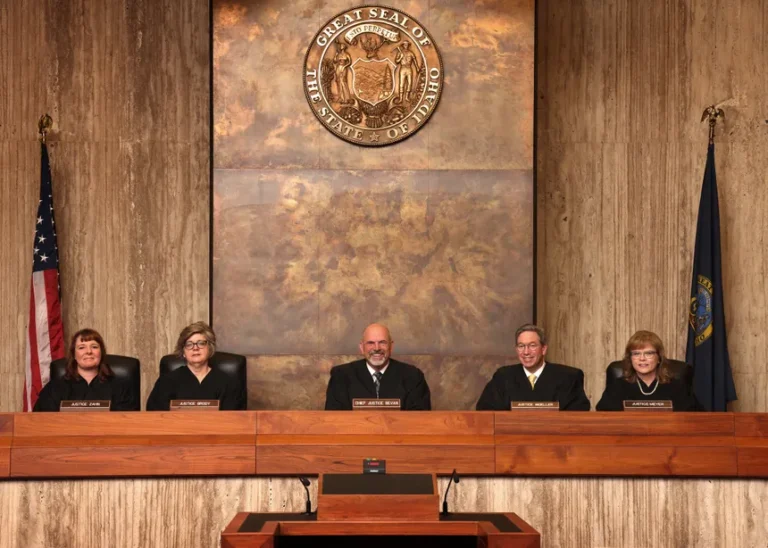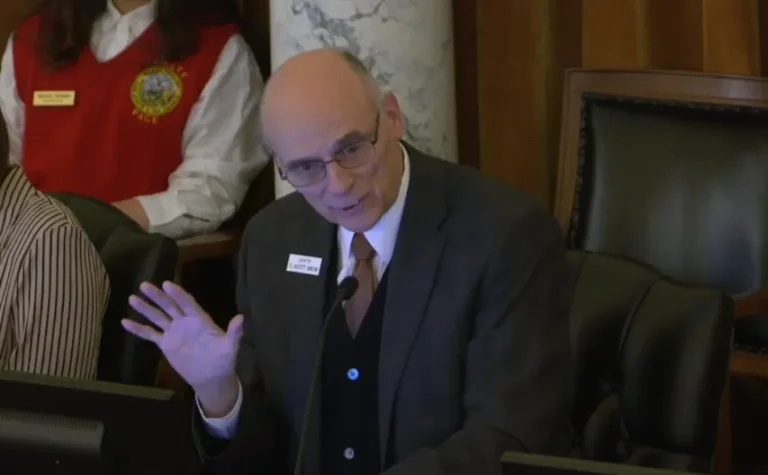
Trump’s Tax and Spending Bill Narrowly Passes Senate, Heads to Contentious House Vote
WASHINGTON, D.C. — The U.S. Senate passed President Donald Trump’s signature tax-and-spending legislation Tuesday in a 51-50 vote, with Vice President JD Vance casting the deciding vote. The package, estimated to add $3.3 trillion to the national debt, now heads to the House of Representatives, where final approval remains uncertain amid internal Republican disagreements.
The bill combines permanent extensions of Trump-era tax cuts with new tax breaks for tipped and overtime income, alongside substantial increases in military and immigration enforcement spending. It also includes deep cuts to Medicaid and nutrition assistance programs, which have drawn criticism from both Democrats and moderate Republicans.
Key Provisions and Political Divisions
The legislation would:
- Extend the 2017 tax cuts
- Add tax breaks for income from tips and overtime
- Repeal green energy credits from the Biden administration
- Increase defense and border enforcement funding
- Cut Medicaid and food aid spending
- Raise the federal debt ceiling by $5 billion
Senate Majority Leader John Thune called the bill a “victory for working Americans,” stating that it would fuel economic growth and job creation. But not all Republicans agreed. Senators Thom Tillis (NC), Susan Collins (ME), and Rand Paul (KY) voted with Democrats against the measure.
To secure key votes like that of Senator Lisa Murkowski (AK), last-minute provisions were added, including $50 billion in rural hospital support and expanded food assistance for select states.
House Vote Looms Amid GOP Disagreements
The bill now returns to the House, where Republicans hold a slim 220–212 majority. Initial passage in May required near-unanimous GOP support, and several House Republicans have since voiced objections to Senate revisions. The Congressional Budget Office estimates the Senate version will add $800 billion more to the deficit than the House version.
Members of the House Freedom Caucus criticized the cost, saying the bill betrays promises of fiscal restraint. Meanwhile, moderate Republicans from high-tax states are pushing for larger state and local tax (SALT) deductions. Speaker Mike Johnson said he intends to bring the bill to a vote before July 4, as requested by President Trump.
Criticism From Democrats and Analysts
Senate Minority Leader Chuck Schumer condemned the legislation, calling it “a shameful giveaway to the rich” that would “rip healthcare away from millions” and worsen child hunger.
Nonpartisan analysts warned the bill’s long-term debt impact would shift financial burdens onto younger Americans, potentially slowing economic growth and increasing borrowing costs for decades to come.
The bill also tightens eligibility for safety net programs, a move analysts say could raise healthcare and food costs for low-income households. Provisions repealing green energy incentives mark a major policy reversal from the Biden era.
Trump’s Influence Over GOP Remains Strong
Despite internal GOP divisions, most Republicans have aligned with Trump’s push for rapid passage. The former president has used his Truth Social platform to praise supporters and criticize dissenters. Senator Tillis, one of the few Republicans to oppose the bill, announced over the weekend that he would not seek re-election—days after a public rebuke from Trump.
If approved by the House, the bill would mark one of the largest overhauls of domestic spending and tax policy in years, reshaping the economic agenda ahead of the 2026 midterm elections.





